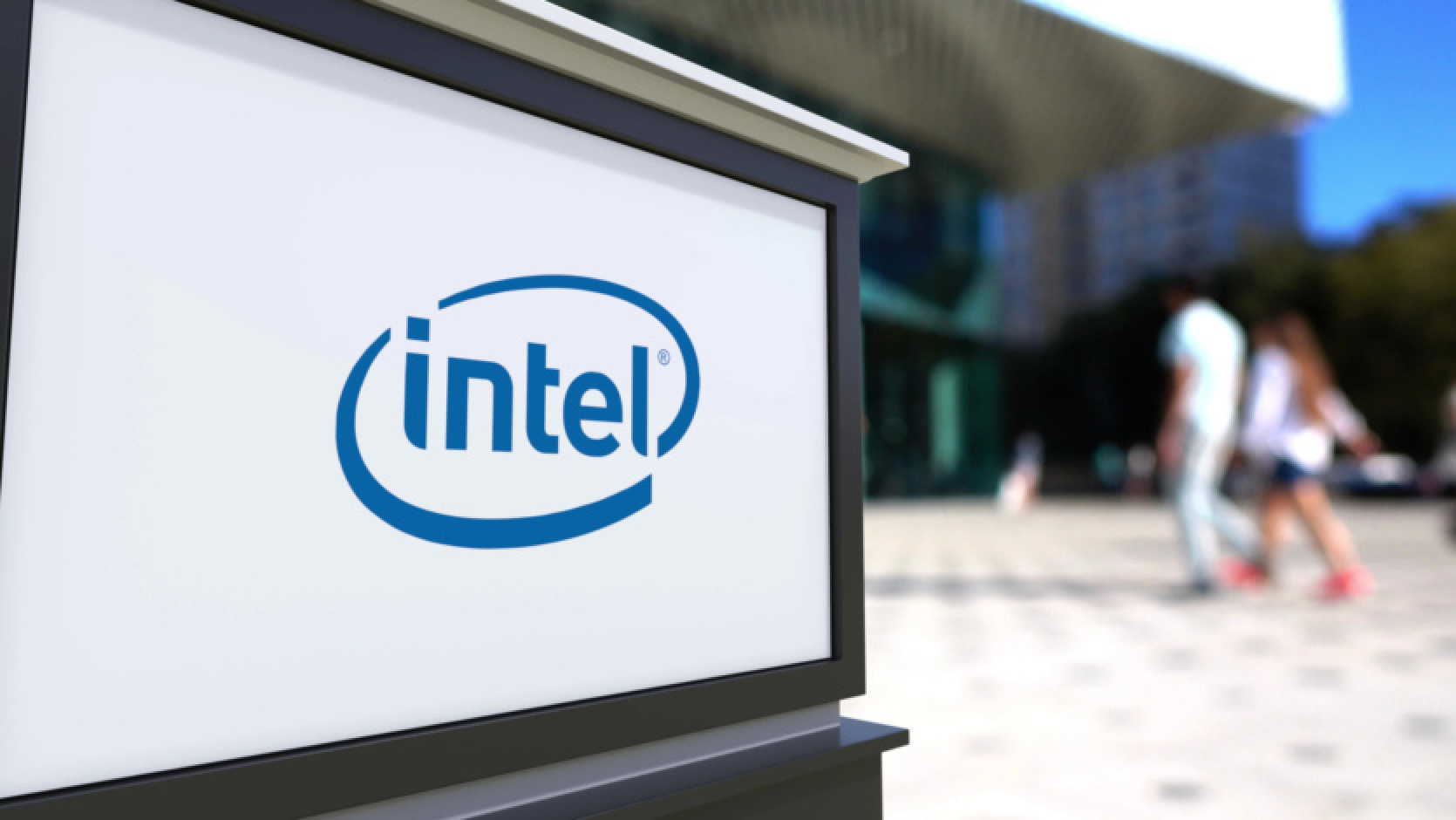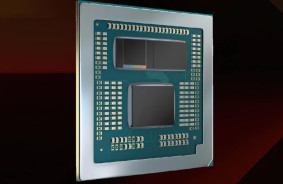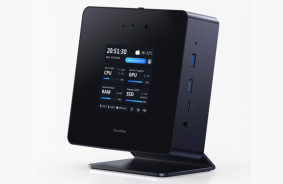China has introduced new rules that prohibit the use of American processors AMD and Intel in government computers and servers, as well as block Microsoft Windows and foreign databases in favor of domestic solutions, according to the Financial Times.
From now on, government institutions are required to use only "safe and reliable" domestic alternatives to AMD and Intel chips, listed separately - there are 18 of them, including products from Huawei and the state-supported company Phytium (both of which, by the way, are banned in the US).
- Last year, China accounted for 27% of Intel's sales, totaling $54 billion, and 15% of AMD's revenue, totaling $23 billion (but it is unknown what percentage was used specifically in the public sector).
This move is just the latest in a series of bans on American-made products. Last year, Beijing blocked the use of Micron chips by domestic companies in critical infrastructure.
The US also has its own "blacklist" of Chinese companies - from chip manufacturers to aerospace companies. Earlier, the Biden administration banned American companies such as NVIDIA from selling AI and other chips to China.
The US, Japan, and the Netherlands dominate in the production of advanced processors and recently strengthened export controls on equipment for semiconductor production from ASL, Nikon, and Tokyo Electron. However, Chinese companies, including Baidu, Huawei, Xiaomi, and Oppo, have already started developing their own alternatives.
In September of last year, China also reiterated the ban from 2019, prohibiting officials from using iPhones and other foreign brand smartphones at work.














Comments (0)
There are no comments for now